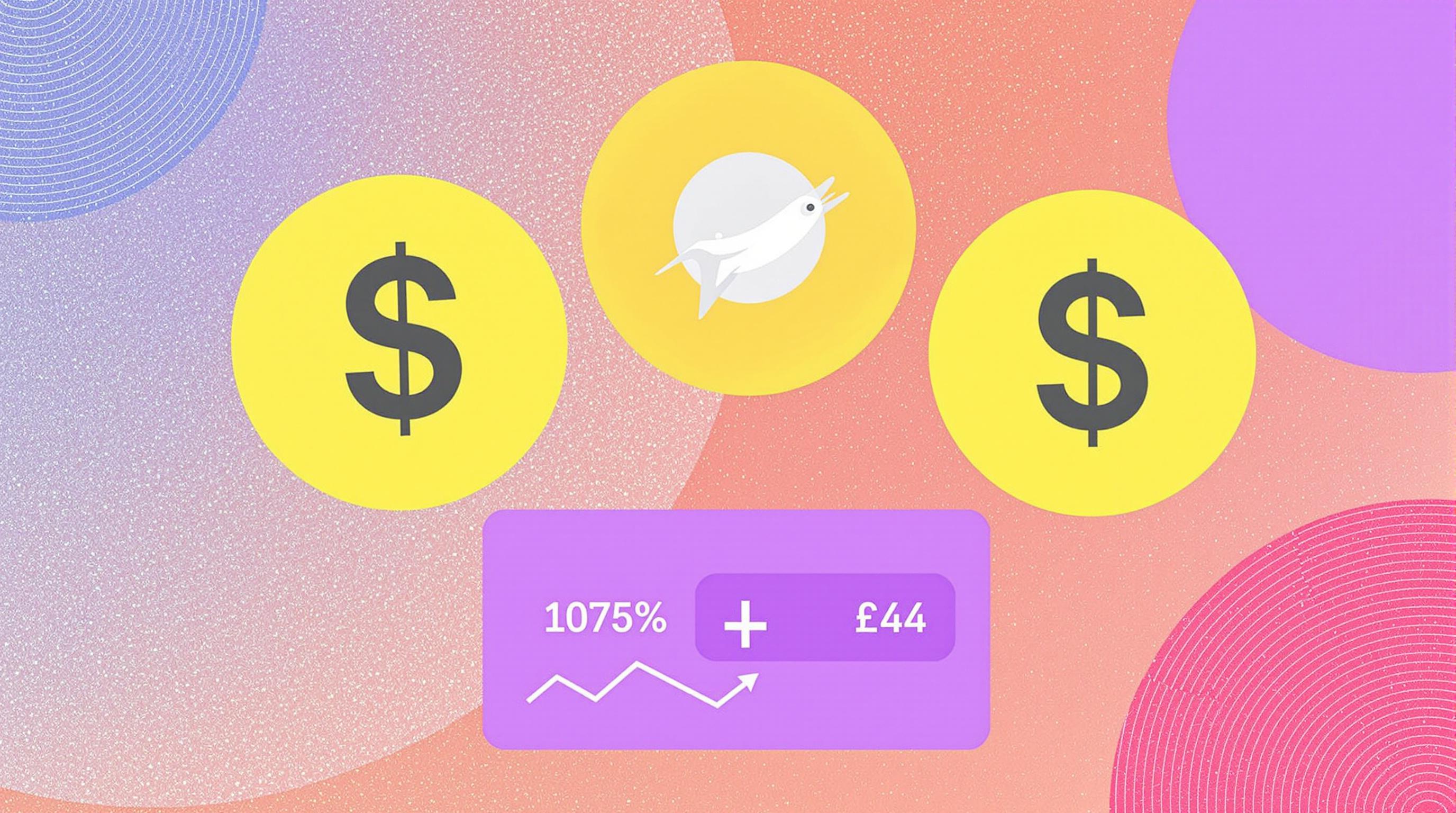Related Articles
- When Creditors Turn Aggressive: Navigating the Legal Gray Zones of Unconventional Debt Collection Practices
- Top 7 Innovative Credit Tracking Apps From the Past Five Years That Are Redefining Financial Control
- How Shifting Debt Across Cards Influences Consumer Behavior Patterns Few Analysts Ever Consider
- Top 5 Lesser-Known Debt Management Apps From the Last 5 Years That Actually Outperform Classic Snowball Methods
- Unlocking the Quiet Power of Micro-Investments in Alternative Assets to Shift Your Financial Reputation Gradually
- 7 Revolutionary Secured Loan Solutions Debuting Since 2019 That Tackle Risk Differently and Boost Borrower Confidence
Exploring Psychological Pitfalls of Debt Repayment: How Behavioral Biases Can Undermine Snowball Strategies
Exploring Psychological Pitfalls of Debt Repayment: How Behavioral Biases Can Undermine Snowball Strategies
Behavioral biases can sabotage even the best-laid debt repayment plans like the popular snowball strategy. Understanding these psychological pitfalls is key to regaining control over personal finances and achieving lasting debt freedom.
The Snowball Method: A Quick Refresher
The snowball strategy is popular for its simplicity: pay off debts from smallest balance to largest, gaining momentum as each debt is cleared. This method leverages human motivation and the satisfaction of quick wins, theoretically keeping people engaged in their debt journey. But beneath this appealing concept lie deep-rooted psychological traps.
Overconfidence Bias: Thinking You're Further Along Than You Are
It’s common for debtors to become overconfident once small debts vanish. Psychologists call this overconfidence bias, where people overestimate their ability to handle larger debts or underestimate future financial challenges. For example, after clearing a $500 credit card, someone might feel invincible and take on new debt, undermining their progress.
Case Study: Sarah’s Credit Card Rollercoaster
Sarah, 29, began her debt journey using the snowball approach, excited by quick wins on smaller balances. However, she soon fell prey to what behavioral economists term “present bias” — prioritizing immediate gratification over long-term goals. Despite paying off two small debts, she splurged on a vacation, accumulating new credit card debt. This setback illustrates how emotional decision-making can derail strategic plans.
Anchoring Bias: Numbers That Mislead
When evaluating debts, borrowers often anchor on the original loan amounts or minimum payments, failing to accurately assess interest rates or total costs. This focus can cause misallocation of funds, leading them to pay off smaller debts first—even when higher interest debts would be more financially prudent to tackle simultaneously.
The Emotional Rollercoaster of Debt Repayment
Debt is not just numbers but a powerful emotional burden. Feelings of shame, guilt, or fear can prompt avoidance behaviors, like ignoring bills or hiding from creditors, which stalls repayment efforts. Understanding the emotional landscape is critical for anyone committed to conquering debt.
Why the Snowball Strategy Appeals Despite Its Flaws
Humans crave progress markers. The snowball method feeds this psychological need by offering tangible milestones early on. According to behavioral economist Dan Ariely, small victories release dopamine, reinforcing positive habits. However, this dopamine hit can mask larger structural issues like high-interest debts remaining untouched longer than advisable.
Cognitive Dissonance and Debt Denial
Many individuals experience cognitive dissonance — the uncomfortable clash between financial reality and self-perception as “responsible spenders.” To reduce dissonance, they downplay the seriousness of their debt, either by avoiding details or refusing to adjust spending habits, often sabotaging the snowball strategy.
How to Combat These Biases
1. Set Clear, Realistic Goals: Break larger debts into manageable chunks without losing sight of the bigger picture.
2. Use Automation: Setting automatic payments reduces temptation and procrastination.
3. Seek Accountability: Sharing goals with support groups or financial advisors can mitigate emotional blind spots.
4. Educate Yourself: Understanding interest rates and loan terms combats anchoring and overconfidence.
5. Embrace Flexibility: If a snowball approach stalls, be willing to pivot strategies—such as switching to the avalanche method that targets higher interest debts first.
Statistics That Highlight Behavioral Influence in Debt
According to a 2022 study by the National Endowment for Financial Education, nearly 62% of Americans report that emotional stress negatively affects their ability to manage debt. Furthermore, 48% admit to procrastinating payments due to anxiety or denial (NEFE, 2022).
Humorous Anecdote: When Debt Feels Like a Persistent Ex
Imagine your debts as an ex who just won’t quit: you block their number (forget bills), delete their photos (ignore statements), and yet somehow they still manage to pop up everywhere (late notices, phone calls). The snowball strategy promises a clean breakup, but without confronting your emotional reactions, you might just find yourself in a toxic on-again, off-again relationship with your debts.
Long-Term Psychological Benefits of Conquering Debt
Besides financial freedom, paying off debt reduces cortisol levels, decreases anxiety, and promotes better sleep—benefits well-documented in psychological health research. A longitudinal study published in the Journal of Financial Therapy (2021) found that participants who adhered to structured repayment strategies reported a 40% reduction in daily stress markers after one year.
Final Thoughts for Readers Aged 16 to 70
Debt can feel like a maze, but awareness of the psychological traps makes navigation possible. Whether you're a student just starting to grapple with student loans or a retiree managing medical bills, recognizing and mitigating biases gives you an edge. The snowball strategy, while motivating, should suit your unique behavioral tendencies—not the other way around.
Personal Reflection: Written by Jane, Age 56
As someone who once juggled multiple debts and the accompanying anxiety, I know firsthand that the emotional weight is just as important as the financial logistics. Overcoming those invisible mental barriers was key to finally gaining control. If you’re reading this and feeling overwhelmed, remember: no strategy is perfect, but self-awareness is your greatest tool.




